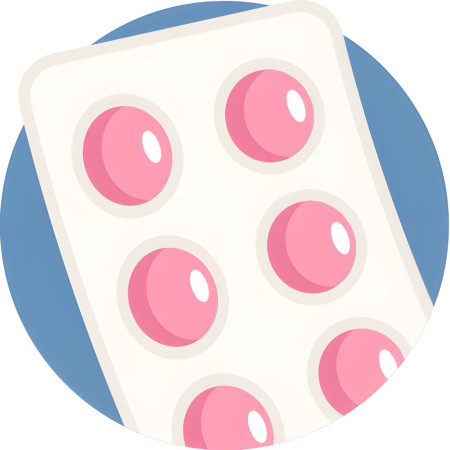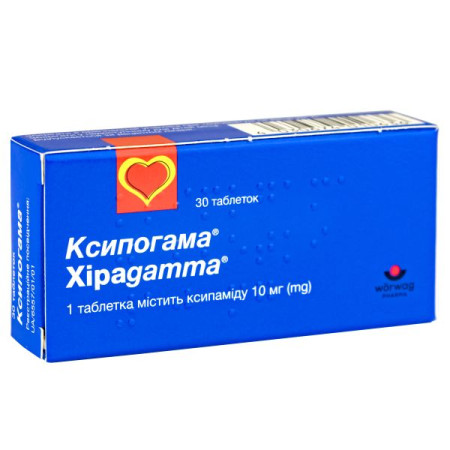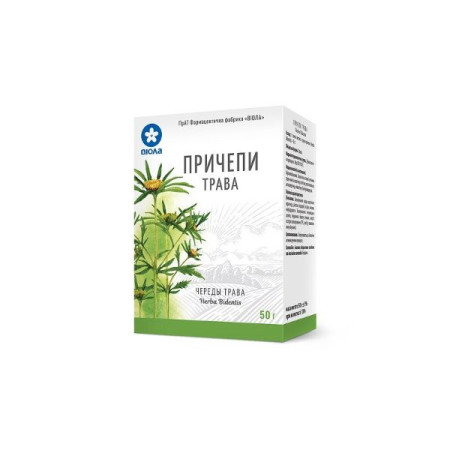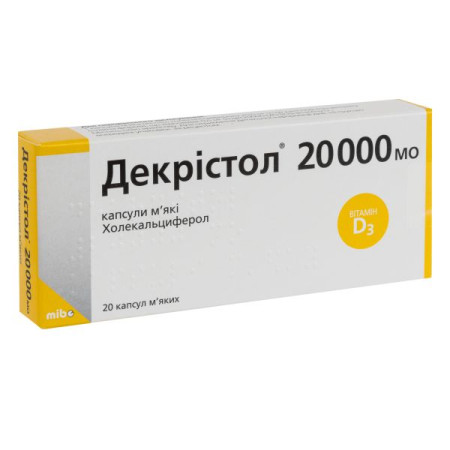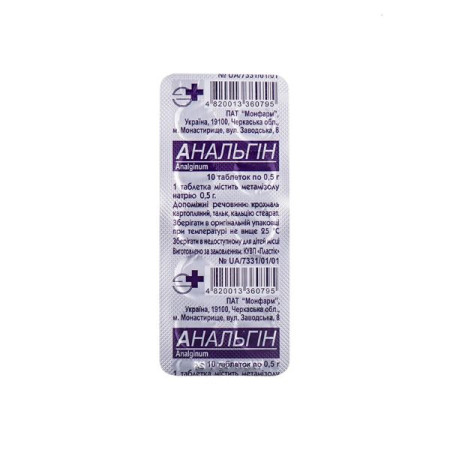Actiprol tablets 100 mg blister No. 30

Actiprol tablets are used for schizophrenia.
Composition
The active substance is amisulpride (one tablet contains 100 mg of amisulpride).
Excipients: lactose monohydrate; sodium starch glycolate (type A); hypromellose 2910 E5; microcrystalline cellulose (PH-101); magnesium stearate.
Contraindication
Hypersensitivity to the active substance or other components of the drug. Serious episodes of arterial hypertension have been reported in patients with pheochromocytoma who were taking antidopaminergic drugs, including some benzamides. In this regard, it is recommended to refrain from prescribing this drug to patients with diagnosed or suspected pheochromocytoma. Age up to 15 years (due to the lack of clinical data). Breastfeeding. Diagnosed or suspected prolactin-dependent tumor, such as pituitary prolactinoma and breast cancer. In combination with mecitazine, citalopram, escitalopram, domperidone, hydroxyzine, non-protiparkinsonian dopaminergic drugs (cabergoline, quinagolide). In combination with levodopa.Method of application
If the daily dose does not exceed 400 mg, the drug should be taken once a day. Doses exceeding 400 mg per day should be divided into two doses.
Acute psychotic episodes
Doses of 400 mg/day to 800 mg/day are recommended orally. The maximum oral dose should not exceed 1200 mg/day. The safety of doses above 1200 mg/day has not been extensively studied. Therefore, such doses should not be used.
The maintenance dose or dose adjustment should be individualized according to the patient's response. In all cases, maintenance therapy should be administered individually, at the minimum effective dose.
Mostly negative episodes
Recommended doses range from 50 mg/day to 300 mg/day. Doses should be individualized. The optimal dose is approximately 100 mg/day.
Children and adolescents
The efficacy and safety of amisulpride in children over 15 years of age have not been established: data on the use of amisulpride in adolescents with schizophrenia are limited. For this reason, the use of amisulpride in children over 15 years of age is not recommended. Amisulpride is contraindicated in children under 15 years of age.
Application features
Pregnant women
Clinical data on use in pregnancy are limited. Accordingly, the safety of amisulpride during pregnancy has not been established. The use of amisulpride is not recommended during pregnancy unless the benefit outweighs the potential risk.
Drivers
Patients, especially those who drive a car or operate machinery, should be warned about the risk of drowsiness associated with the use of this medicinal product.
Overdose
There is currently limited data on acute overdose with amisulpride. The signs and symptoms reported are mainly the result of increased pharmacological activity, clinically manifested by dizziness, sedation, coma, hypotension and extrapyramidal symptoms. Fatalities have been reported, mainly when used concomitantly with other psychotropic drugs.
There is no specific antidote for amisulpride. In the event of acute overdose, it is necessary to determine whether other drugs have been used simultaneously and take appropriate measures: careful monitoring of vital signs; monitoring of cardiac activity (risk of QT prolongation) until the patient recovers; in case of severe extrapyramidal symptoms, anticholinergics should be prescribed; since amisulpride is poorly dialyzable, the possibilities of hemodialysis for the removal of this drug compound are limited.
Side effects
Data from clinical trials: The following adverse reactions have been observed in controlled clinical trials. In some cases, it may be difficult to distinguish between adverse reactions and symptoms of the underlying disease.
From the nervous system: very often (≥ 1/10) - extrapyramidal symptoms (tremor, rigidity, hypertonicity, increased salivation, akathisia, hypokinesia, dyskinesia); often (≥ 1/100, <1/10) - acute dystonia (spastic torticollis, oculogyric crisis, trismus) (it is reversible without discontinuation of amisulpride when prescribing an anticholinergic antiparkinsonian agent), drowsiness.
Mental disorders: often (≥ 1/100, <1/10) - insomnia, anxiety, agitation, frigidity.
Gastrointestinal: often (≥ 1/100, <1/10) - constipation, nausea, vomiting, dry mouth.
Endocrine disorders: often (≥ 1/100, <1/10) - increased prolactin levels in the blood plasma, which is reversible after drug withdrawal; this may cause the following clinical symptoms: galactorrhea, amenorrhea, gynecomastia, breast pain, erectile dysfunction.
From the cardiovascular system: often (≥ 1/100, <1/10) - arterial hypotension.
Storage conditions
Store in original packaging and out of reach of children.
Shelf life - 3 years.
There are no reviews for this product.
There are no reviews for this product, be the first to leave your review.
No questions about this product, be the first and ask your question.





